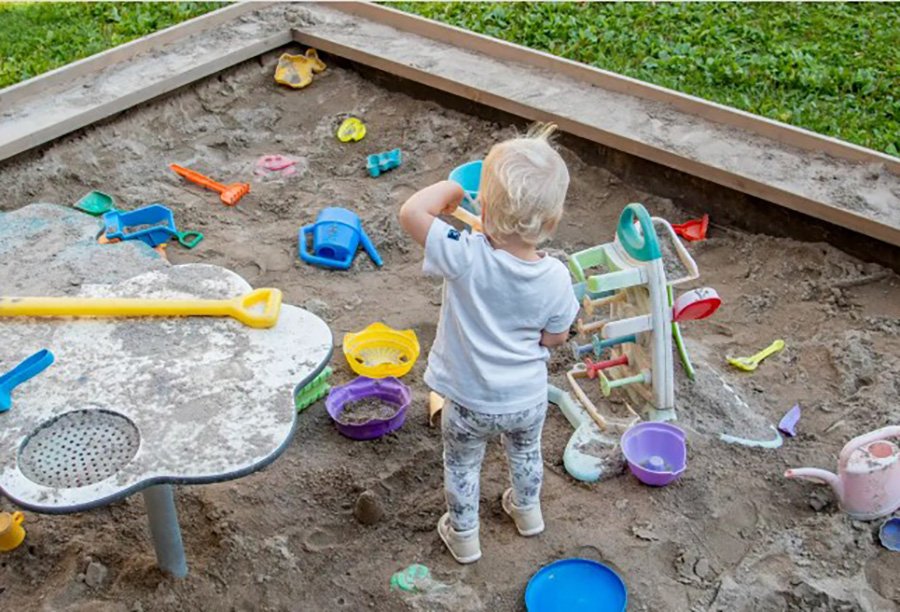Sweden Could Close 800 Preschools by 2034 as Birth Rates Fall Across Europe

Sweden is facing a sharp demographic shift that could reshape its preschool system. Over the next decade, the number of children aged one to five may shrink by 43,000. If the projections hold, one in ten preschools — around 800 nationwide — could close by 2034, Omni reported, citing Dagens Nyheter.
In the first five months of 2025, just over 41,000 babies were born in Sweden — nearly 1,000 fewer than during the same period in 2024. The country’s fertility rate dropped to 1.4 children per woman, the lowest on record. Experts warn the decline is set to continue, putting additional pressure on early childhood education.
Demographic warning signs
The Swedish Association of Local Authorities and Regions (SKR) already warned in late 2024 that about 1,000 preschools could close within three years. Their forecast was based on a steep fall in births: only 50,500 newborns were registered in the first half of 2024 — the lowest population increase in two decades.
Previous projections for 2027 expected 130,000 newborns, but forecasts have now been revised downward to around 95,000. Experts caution that schools will begin to feel the demographic squeeze in five to six years, particularly in larger cities and suburbs where population growth had driven housing and infrastructure plans.
Closures begin
In August 2025, the private Förskolan Igelkotten in Vivalla, Örebro, closed its doors. The preschool, which served 80 children, was shut down by the operator Tala Förskolor AB, giving the municipality just two days’ notice. The municipality is now reallocating children to other institutions, promising that all will have access to places.
A Europe-wide trend
Sweden’s demographic troubles mirror a broader European trend. In 1964, 6.8 million children were born across Europe. By 2023, the figure had fallen to just 3.67 million.
Highest fertility in 2023: Bulgaria (1.81), France (1.66), Hungary (1.55).
Lowest fertility in 2023: Malta (1.06), Spain (1.12), Lithuania (1.18).
Finland, with the lowest birth rate in Northern Europe, is debating incentives such as a €30,400 bonus for first-time mothers. Researchers there have also linked declining fertility to changing relationship habits and social media use, arguing that people spend more time online than investing in relationships.
Expert opinions
Anna Rotkirch, Finnish Population Institute: low fertility now stems less from economics and more from relationship instability and lack of suitable partners.
Martin Kolk, Stockholm University: low birth rates may temporarily ease housing shortages, since infrastructure in major cities has struggled to keep up.
Migration and policy dilemmas
To address labor shortages, European governments are expanding migration programs — while at the same time tightening rules for refugees and foreign nationals. This contradiction complicates long-term demographic policy. Without new solutions, falling birth rates will continue to impact labor markets, social systems, and economic resilience.
Подсказки: Sweden, preschools, childcare, demographics, fertility, Europe, birth rate, migration, education








